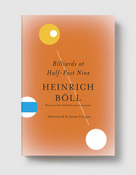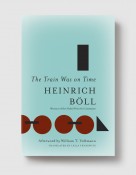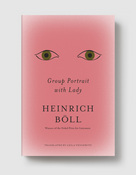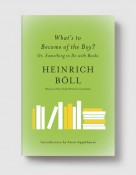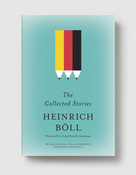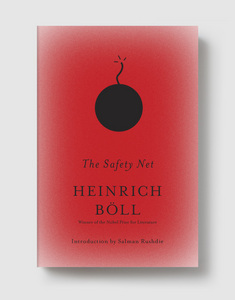
List price: $16.95
- Pages320
- ISBN9781935554318
- Publication dateDecember, 2010
- Categories
- Booksellers
- Media
- Academics & Librarians
The Safety Net
The Essential Heinrich Böll
Heinrich Böll
Translated by Leila Vennewitz
Introduction by Salman Rushdie
“Heinrich Böll never lacked courage. When most good German burghers were reacting to the words ‘Baader-Meinhoff’ as if they were the names of Hell’s most fearsome demons, Böll attempted to explain, in print, why some of Germany’s most brilliant people had chosen the left-hand path of terrorism.” —Salman Rushdie
Fritz Tolm has risen to the most powerful position in Germany.
With fame comes fear and vulnerability. Threats to his life are met with the all-pervasive “safety-net” of police protection and surveillance.
Trapped in a house they dare not leave, where every visitor is suspect and every object a potential bomb, Tolm and his family wait to discover when and how terrorism will overtake them.
“Melville House has now reissued handsome paperbacks of three of Böll’s most important novels, and in each we find the 1972 Nobel Prize winner, with a humanist’s skepticism and tenderness, refusing to allow his fellow Germans to forgive themselves and move on…. The Safety Net offers some uncanny reverberations of today’s invasive security measures.” —Sam Sacks, The Wall Street Journal
“The strongest response to modern terrorism by a serious novelist; an artful, gripping novel.” —Kirkus Reviews
“His work reaches the highest level of creative originality and stylistic perfection.” —The Daily Telegraph
“The renewal of German literature, to which Heinrich Böll’s achievements witness, and of which they are a significant part, is not an experiment with form. Instead it is a rebirth out of annihilation, a resurrection, a culture which, ravaged by icy nights and condemned to extinction, sends up new shoots, blossoms, and matures to the joy and benefit of us all.” —The Nobel Prize Committee
“A man of deep feeling and intelligence, speaking in a strongly contemporary voice, he recorded in his early stories the way it felt to come home to a destroyed country.The tone was neither angry, ironic nor surreal. On the contrary, these stories gave us the slow-moving thoughtfulness of a narrator in pain, walking about on a lunar landscape, knowing he must make sense of things more quickly than he is able to do.” —Vivian Gornick, The New York Times

